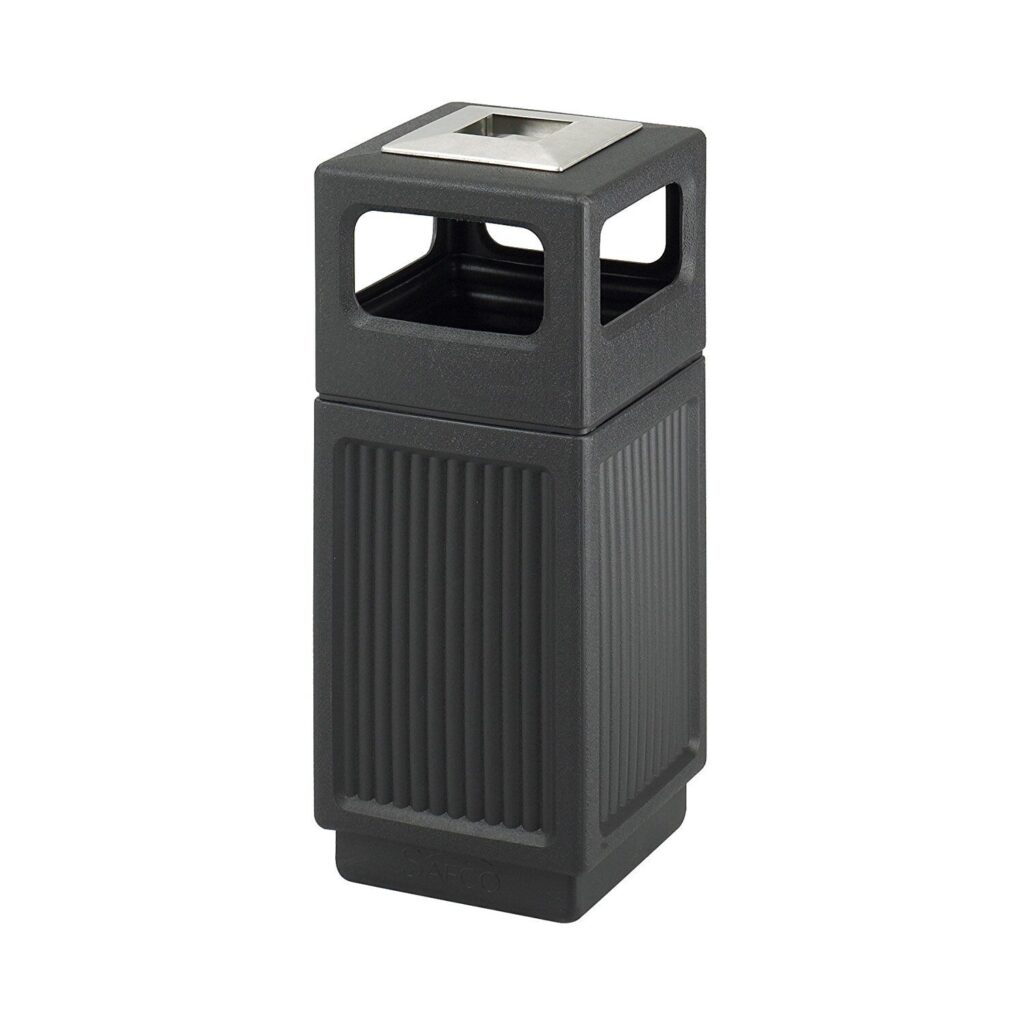Enhancing public safety through the implementation of tamper-resistant and secure commercial trash cans is an increasingly important measure in urban planning and community welfare. These advanced waste receptacles serve as a frontline defense against various forms of public safety threats, ranging from petty vandalism to more serious acts such as the concealment of hazardous materials or explosives. By prioritizing the development and deployment of tamper-resistant trash cans, municipalities and businesses can significantly mitigate risks and enhance the overall safety and cleanliness of public spaces. One of the primary advantages of tamper-resistant trash cans is their ability to deter vandalism and unauthorized access. Traditional trash cans are often easy targets for individuals seeking to cause mischief or damage public property. Tamper-resistant designs, which may include features like reinforced materials, secure locking mechanisms, and restricted openings, make it significantly harder for vandals to deface or tamper with these receptacles. This not only protects the physical integrity of the trash cans themselves but also reduces the likelihood of littering and the scattering of waste, thereby maintaining cleaner and more inviting public environments.

Moreover, tamper-resistant trash cans play a crucial role in preventing the disposal of dangerous items. In an era where public security is a paramount concern, the potential for trash cans to be used as hiding places for weapons, drugs, or explosive devices cannot be overlooked. By making it more difficult for individuals to clandestinely deposit hazardous materials, these trash cans contribute to a safer community, allowing law enforcement and public safety officials to focus their efforts on more pressing concerns rather than routine inspections of waste receptacles. In addition to enhancing security, tamper-resistant trash cans also offer practical benefits for waste management and environmental sustainability. Their durable construction often means they have a longer lifespan compared to standard trash cans, resulting in reduced maintenance and replacement costs. Furthermore, by preventing unauthorized access and ensuring that waste is properly contained, these trash cans help to minimize the spread of litter and pollution. This is particularly important in urban areas where high foot traffic can lead to significant waste accumulation.
The implementation of secure commercial trash cans also has a psychological impact on the public. The presence of well-maintained, tamper-resistant trash receptacles can enhance the perceived safety and orderliness of an area. People are more likely to feel secure and take pride in their community when public spaces are clean and well-organized. This can lead to increased civic engagement and cooperation in maintaining public order, further bolstering community safety efforts. In conclusion, tamper-resistant and secure commercial trash cans are a vital component of modern urban safety strategies. By deterring vandalism, preventing the concealment of hazardous materials, and promoting cleaner public spaces, these advanced waste receptacles contribute significantly to public safety and environmental sustainability. Their adoption represents a proactive step towards creating safer, more resilient communities where residents can feel secure and take pride in their surroundings. Investing in such infrastructure is not merely a matter of convenience but a critical measure for ensuring the long-term well-being and security of urban populations.